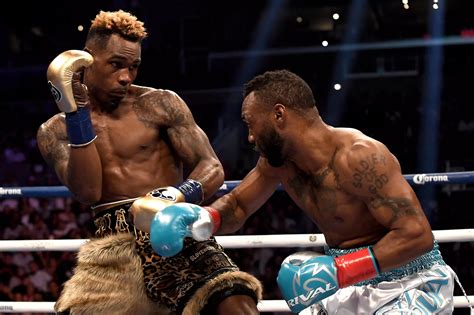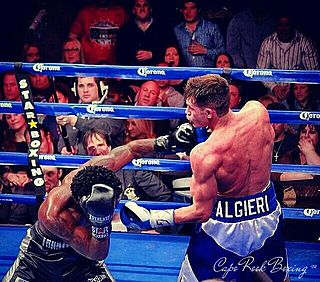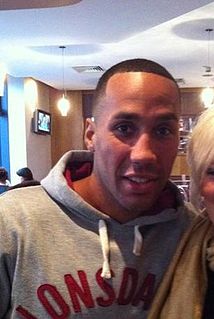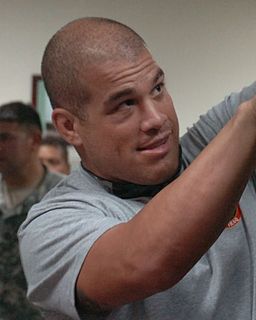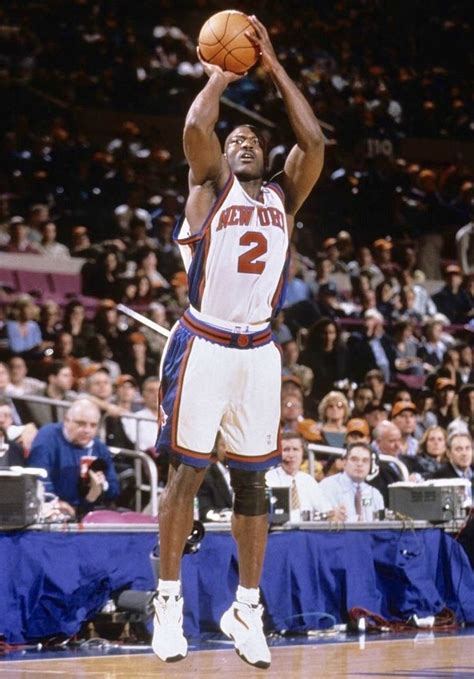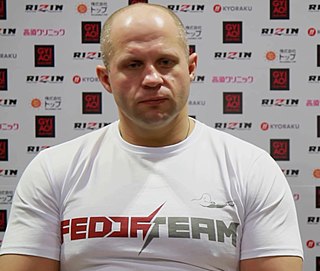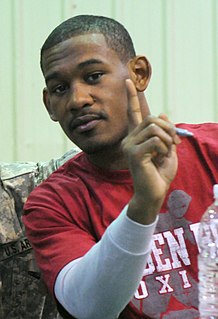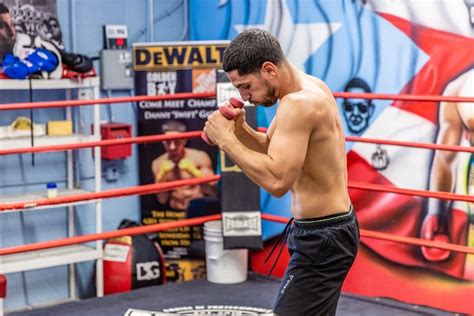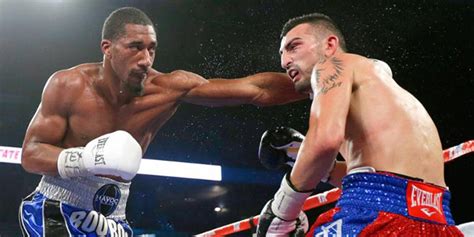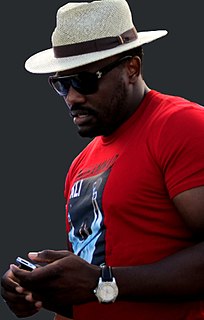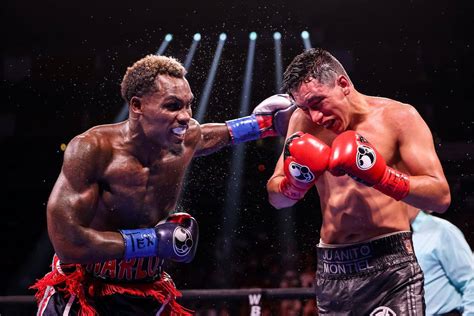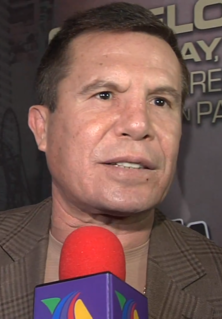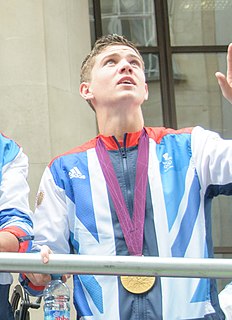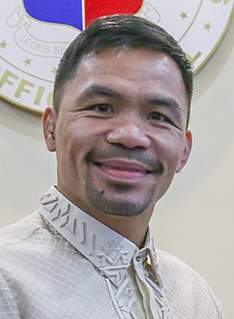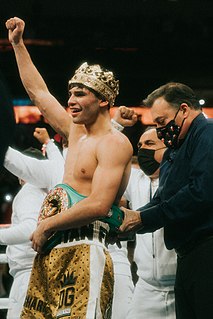A Quote by Jermell Charlo
When I fought in the amateurs and fought New York guys, they had a different swag, a different style, and maybe they didn't take a liking to Texas fighters to begin with.
Related Quotes
I am also very proud to be a liberal. Why is that so terrible these days? The liberals were liberatorsthey fought slavery, fought for women to have the right to vote, fought against Hitler, Stalin, fought to end segregation, fought to end apartheid. Liberals put an end to child labor and they gave us the five day work week! What's to be ashamed of?
